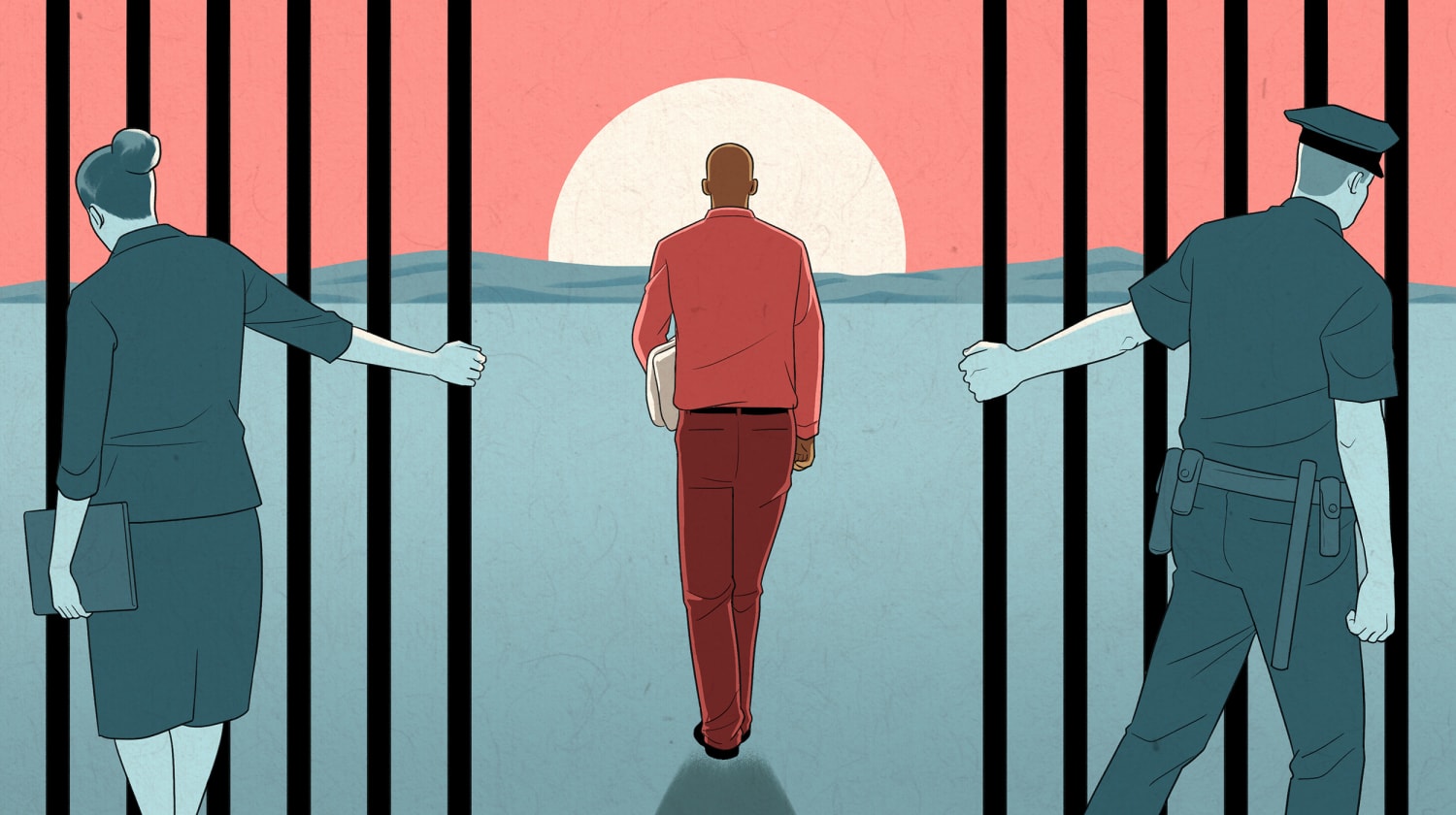
In State v. Ferguson, the WA Court of Appeals held that imposing COVID-19 protocols are “trial management decisions.” The use of masks, a transparent partition between counsel and client, and some jurors being seated behind counsel table during trial to allow for social distancing did not violate the defendant’s rights at trial.
BACKGROUND FACTS
On April 16, 2019, a man and his son went for a walk. When they returned home, they noticed a man inside the garage. They recognized the man as Mr. Ferguson. An altercation occurred. Afterward, Ferguson fled the scene by running through a nearby field to a neighbor’s home. The police responded and ultimately found Ferguson at the neighbor’s house. Ferguson was arrested.
Ferguson was initially charged with first degree burglary. His charges were later amended to also include felony harassment, third degree malicious mischief, second degree criminal trespass of the neighbor’s house, bail jumping, and witness tampering.
TRIAL COURT’S COVID-19 PROTOCOLS
Following delay and multiple continuances partly due to the COVID-19 pandemic, Ferguson’s case proceeded to trial. Ferguson’s jury trial was the first to take place in the county since the beginning of the COVID-19 pandemic. Accordingly, the trial court implemented a variety of COVID-19 protocols for the trial.
Some members of the jury were seated behind the counsel tables in the courtroom gallery. This was done in order to socially distance the jurors and the participants. And everyone in the court room was instructed to wear face masks. The trial court also instructed the jurors to raise their hands if they could not hear something during the trial.
Plexiglass partitions were also placed between participants, including between Ferguson and his counsel at their table. Throughout the trial, Ferguson and his counsel would lean or move back behind the partition to speak to each other and would pass notes to each other.
After all witnesses had testified, Ferguson’s counsel requested a mistrial based on the COVID-19 protocols. Specifically, counsel argued the plexiglass partition between counsel and Ferguson, coupled with the seating arrangement for the jurors, compromised their ability to have necessary attorney-client communications. Ferguson’s counsel contended that because they could not hear each other through the plexiglass partition, the jurors were possibly able to overhear private communications. The trial court denied the motion for a mistrial.
The jury found Ferguson guilty of first degree burglary, third degree malicious mischief, second degree criminal trespass, bail jumping on a class A felony, and tampering with a witness.
Ferguson appealled his conviction on numerous arguments challenging the COVID-19 protocols used for his trial. Ferguson argued that the plexiglass between him and his counsel forced them to lean back to communicate with each other and may have allowed the jurors to overhear them. Ferguson also argued that the masks required him and his counsel to speak louder than they typically would, potentially disclosing their confidential attorney-client communications to the jurors and the State. Finally, he argued the trial court abused its discretion when it denied his request for a mistrial due to these protocols.
COURT’S ANALYSIS & CONCLUSIONS
The Court of Appeals reasoned that Ferguson’s trial was the first in the county since the beginning of the pandemic and the suspension of all jury trials. The trial court implemented these protocols to ensure that the trial could safely proceed, as it was required to do by our Supreme Court.
“Plexiglass partitions, mandatory masking, and social distancing that forced jurors to be located throughout the gallery were all modifications to the trial court’s typical courtroom arrangement and procedures that fall within the court’s discretion and were based on the Supreme Court’s multiple orders.” ~WA Court of Appeals
The Court of Appeals further reasoned that the impact on Ferguson’s rights, while not negligible, was not onerous. Although Ferguson and his counsel were not able to communicate as easily as they would have been without the COVID-19 protections in place, the video record of the trial shows that he and his counsel were able to lean back minimally to speak around the plexiglass partition and write notes to each other. And the record shows that Ferguson and his counsel communicated in those ways frequently. Ferguson claims that he spoke louder than normal because of the masks, but private communication with his counsel would have been more likely because of the same social distancing requirements about which Ferguson now complains.
“No reasonable juror would draw any inference personally against Ferguson because of the implementation of plexiglass partitions, masks, and social distancing. COVID-19 protocols are simply not comparable to other inherently prejudicial decisions, like requiring the defendant to wear prison clothes or restraints that could signal dangerousness. See Caver, 195 Wn. App. at 780-81. Because impermissible factors were not brought into play and the changes furthered essential state interests, the COVID-19 protocols satisfy the closer scrutiny required for inherently prejudicial trial management decisions.” ~WA Court of Appeals
With that, the Court of Appeals held that the COVID-19 protocols implemented in Ferguson’s trial were permissive trial management decisions. Also, the trial court did not abuse its discretion by denying Ferguson’s motion for a mistrial.
Fortunately, I’ve held numerous jury trials in the era of COVID-19. Unfortunately, it hasn’t gotten an easier. How do you question a prospective juror when the juror is wearing a mask? Watch the eyes. After all, that is about all you can see of the juror’s face. Body language plays a role. Jury questionnaires are enormously helpful, as are the use of electronic exhibits. And making sure everyone—you, the judge, and jury—can hear what is being said is always important. It takes patience and care.
Please contact my office if you, a friend or family member are charged with a crime. Hiring an effective and competent defense attorney is the first and best step toward justice.
















